
Whether you spread it on crumpets, crusty bread or new potatoes, most things taste better with butter.
But until recently, our enjoyment was tinged with a bitter aftertaste – guilt. After all, it’s loaded with saturated fat that’s not only bad for your waistline, but a disaster for heart health, right?
However, butter is flavour of the month again. Health influencers on Instagram and TikTok have been adding it to their flat whites and eating sticks of butter as a snack, claiming it increases energy and improves skin. While it’s easy to laugh off social media crazes, a new scientific study seemed to back them up.
In June, scientists at Boston University found that eating 5g of butter a day reduced the risk of Type 2 diabetes by almost a third, and increased levels of good cholesterol (HDL) compared to margarine
They even found that margarine raised the risk of diabetes by 40% and the risk of heart problems by 30%. (It is worth noting, though, that margarine may only have fared worse than butter because the study ran from the 1970s until 2014, a time when margarines were loaded with trans fats, which are even worse for heart health than saturated fat.)
However within weeks, a report was published by nutritional scientists at Harvard University that threw shade on butter again
Researchers tracked the health of 221,054 people from 1990 to 2023, looking at associations between butter, plant-based oils and total mortality. The results were stark. The highest butter intake was associated with a 15% higher risk of death compared to the lowest intake.
In contrast, the highest intake of plant oils (rapeseed, olive oil and soybean) had a 16% lower risk of death, and every 10g daily increase in plant oils was associated with an 11% lower risk of death from cancer, and a 6% lower risk of death from cardiovascular disease.
"Conflicting headlines about butter can be confusing," says Tracy Parker, nutrition lead at the British Heart Foundation (BHF).
"However, over the last year the evidence behind butter and heart health hasn’t really changed. The evidence around saturated fats increasing blood cholesterol levels is strong. We know that over 50% of butter is saturated fat, with a teaspoon containing 5g of saturated fat, quite a large proportion of the recommended daily amount of 20g for women and 30g for men."
Most studies around nutrition are an imperfect science, explains Parker, which accounts for the conflicting outcomes.
"They are usually observational, tracking self-reported habits over decades," she says.
"They can’t prove cause and effect, and instead only give us associations between butter and diabetes or cardiovascular disease (CVD)."
The BHF base their advice on a wide-ranging 2019 Government report on dietary fats, which reviewed 47 previous scientific studies on the subject.
"Their message – and ours – is that high blood cholesterol levels increase CVD, and replacing saturated fat with unsaturated fat lowers blood cholesterol," says Parker.
In essence, she says: "If you have heart disease and an unhealthy diet generally, then replacing butter with margarine is an easy win."

The flip-flopping of messaging around butter can result in extremes of behaviour, says Elena Rolt, registered nutritionist at health.miro.
"In the 1960s, the US government told people not to eat butter after the publication of the first scientific study which found a link between saturated fat and heart disease," she explains.
"There was huge fear around butter for the next 30 to 40 years, prompting people to swap to margarine and low-fat products. Over the last couple of years, the narrative has switched to 'let’s have lots of butter and coconut oil and avoid evil, inflammatory seed oils.' The truth is somewhere in between."
In addition to the dialogue around processed seed oils, there is concern around ultra-processed food (UPF) and its detrimental effect on health – another reason why butter is gaining popularity in some quarters.
"There is this growing movement stating that if anything is natural, eg butter, it’s good for us, and if anything is processed, eg margarine, it’s bad for us – this is gaining momentum on the back of fearmongering around UPFs," says Professor Sarah Berry of King’s College London, and chief scientist at ZOE.
"Yes, we have a huge problem with consuming too many heavily processed unhealthy foods, but the margarines that are now commercially available in the shops are good for us. They contain healthy blends of seed oils which we know can lower cholesterol and improve blood vessel function.
"Lard is a supposedly natural fat, but everyone knows it’s bad for us. The evidence is consistent that butter is not good for heart health because of high saturated fat."
While there is no arguing with the high saturated fat content of butter, it does have some redeeming qualities.
"Butter contains calcium, and vitamins A, D and E," says registered nutritionist Alison Bladh.
"Butter made from grass-fed cow’s milk is also high in vitamin K, which, like vitamin D, is essential for bone health. Having these fat-soluble vitamins alongside each other in a matrix containing fat makes them easier for the body to absorb."
However, this isn’t enough of a reason to eat butter in any volume, says Prof Berry. "If you want to have butter because it tastes good, then a small amount each day is okay. But don’t have it because you believe you are being healthy.
"I choose to have butter on toast because I prefer the taste to spreads. I counter it by using rapeseed oil for cooking, which contains polyunsaturated fat that lowers cholesterol."
Parker agrees: "If you are not at risk of CVD and are generally healthy, lightly buttering your toast every morning is unlikely to be a problem."
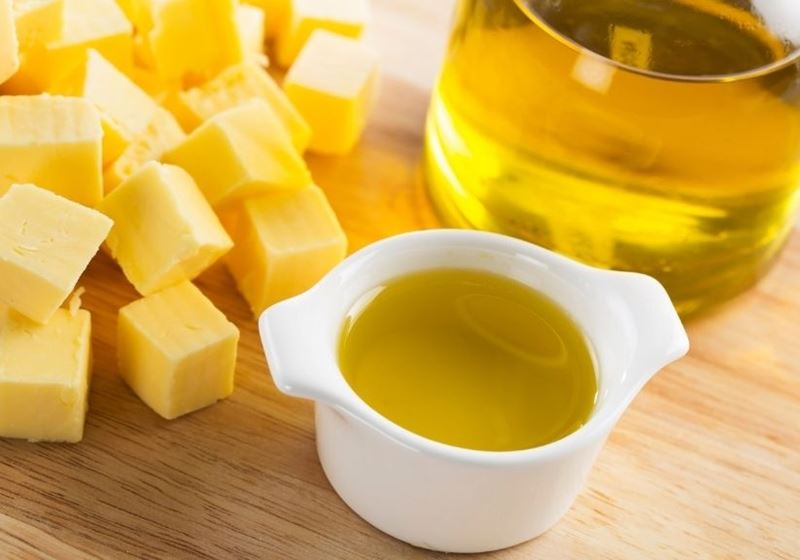
Margarine may not be the tastiest option, but a drizzle of extra-virgin olive oil on your bread, vegetables or jacket potato is delicious and super-healthy.
"There is consistent evidence to show it’s a really healthy oil, rich in monounsaturated fats and polyphenols that act on anti-inflammatory pathways so are really good for heart health," says Prof Berry.
A study by scientists at the University of Cambridge found that levels of LDL cholesterol significantly increased when subjects ate 50g daily of butter over four weeks compared to those who had the same amount of extra-virgin olive oil.
From olive oil, to lard and coconut oil, we rank the best and worst fats for your health.
Cheese lovers rejoice. A study in 2021 led by researchers at the University of Cambridge found that links between bad cholesterol and saturated fat are dependent on food source
The scientists found that saturated fats from cheese and yogurt lowered the risk of heart disease, while saturated fats from butter and red meat increased the risk.
"We know that if the dairy is fermented, such as yogurt and cheese, the fermentation process changes the matrix of the structure such that it doesn’t have the same negative impact on cholesterol," explains Prof Berry.


Click below for your chance to sail through Germany on board Saga’s stunning new ship, Spirit of the Moselle, worth £2,519pp.

Health insurance for people over 50 that provides a quicker route to diagnosis and planned medical treatment in a private facility.
Underwritten by Bupa Insurance Limited.
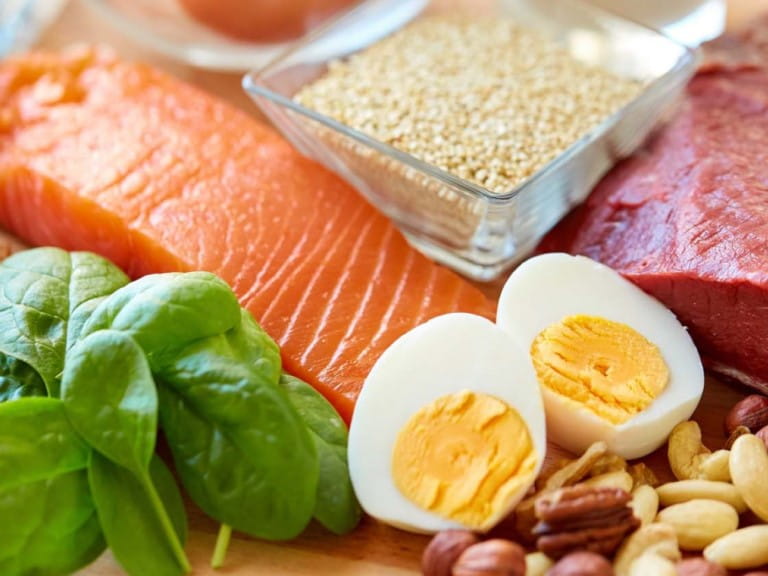
Everything you need to know about protein, from how it benefits your body to the best high-protein foods – and how much you really need.


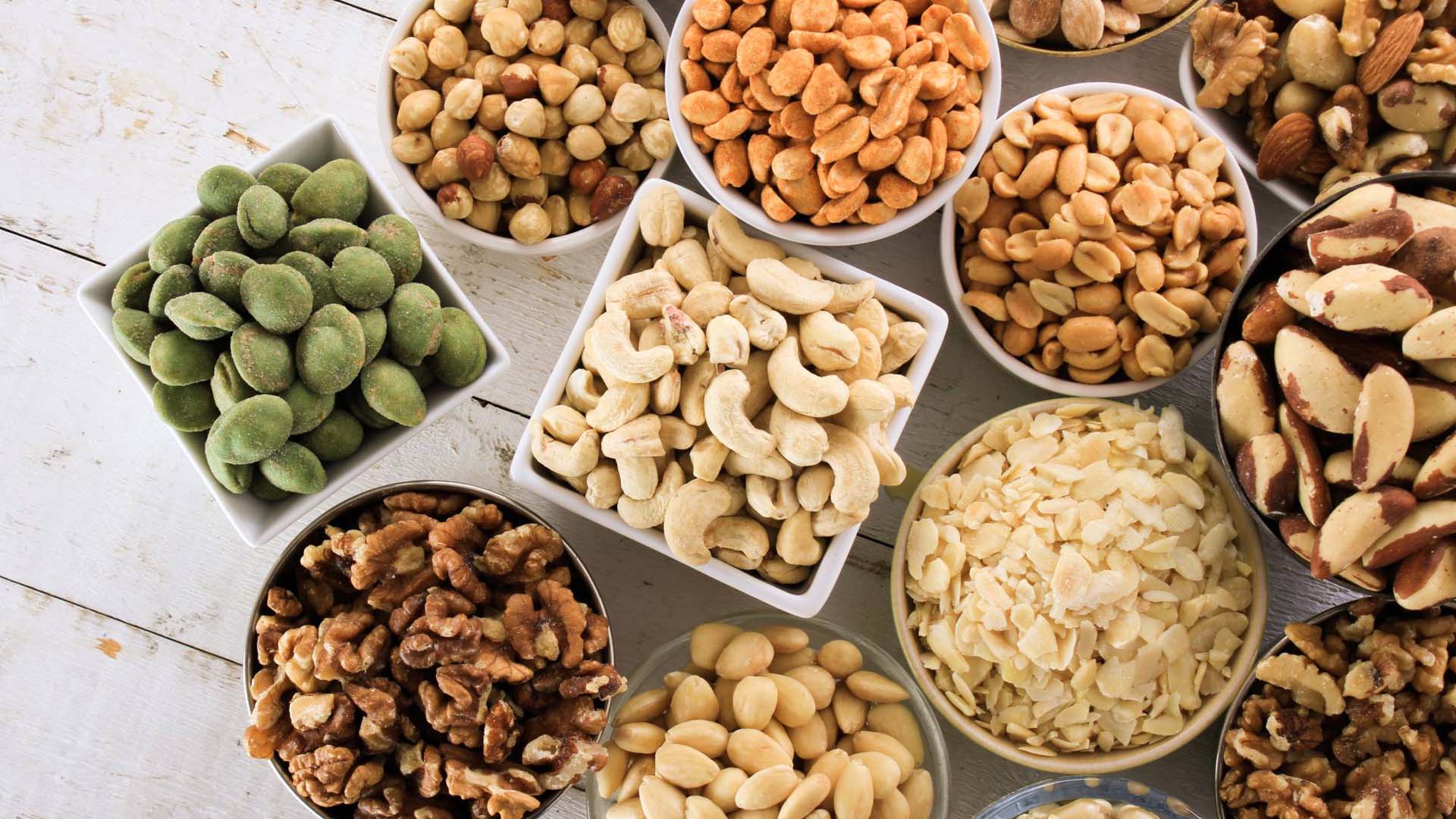
Let’s roast the myths! Not only are nuts less fattening than once feared, research shows they can cut the risk of heart disease too

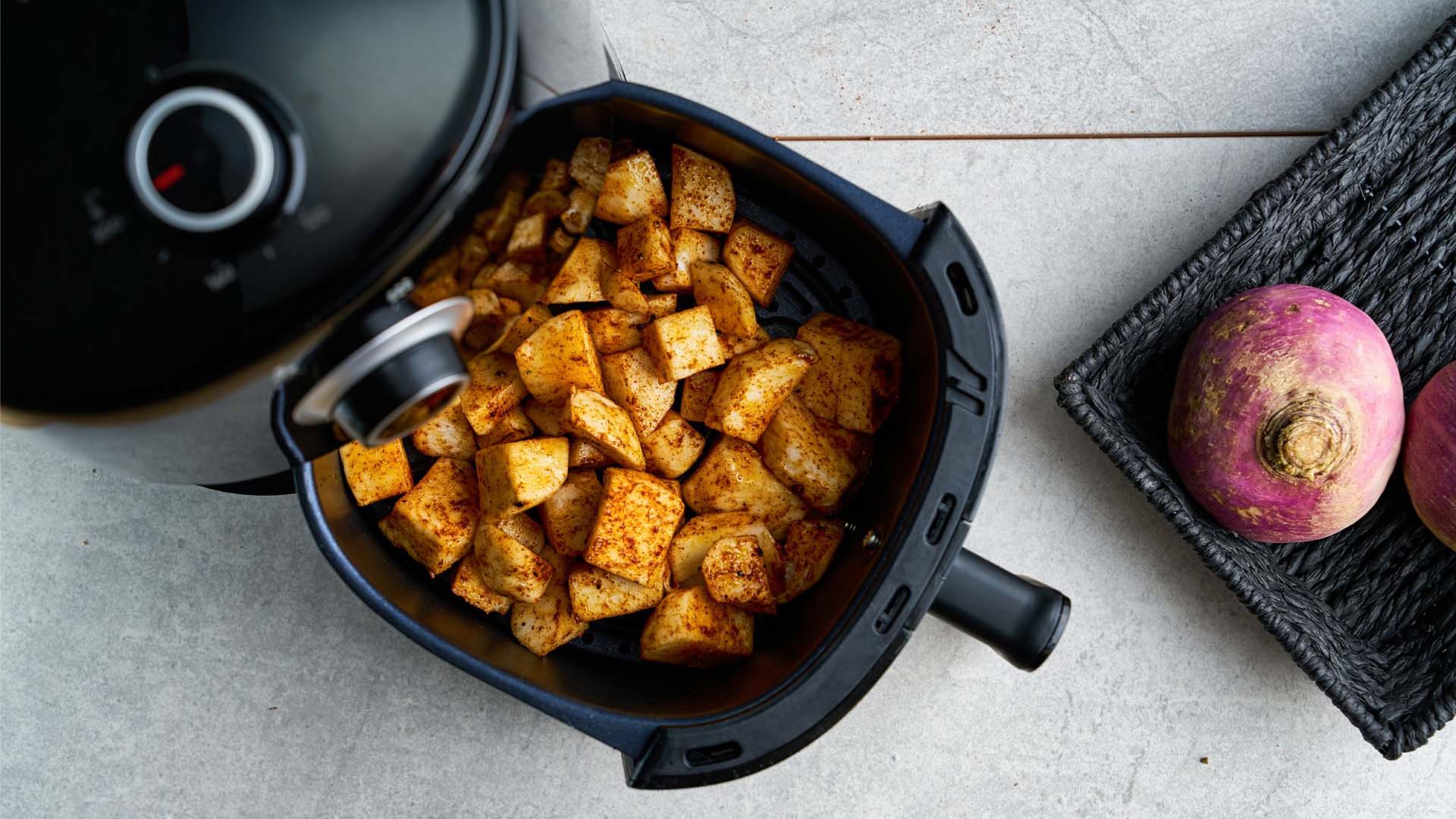

Strawberries don't just taste and look great, they are full of fibre, help your heart health and may even stave off dementia.

Looking after your gut health could be one of the biggest things that you can do for your overall health. Here are the best foods to keep your gut happy.
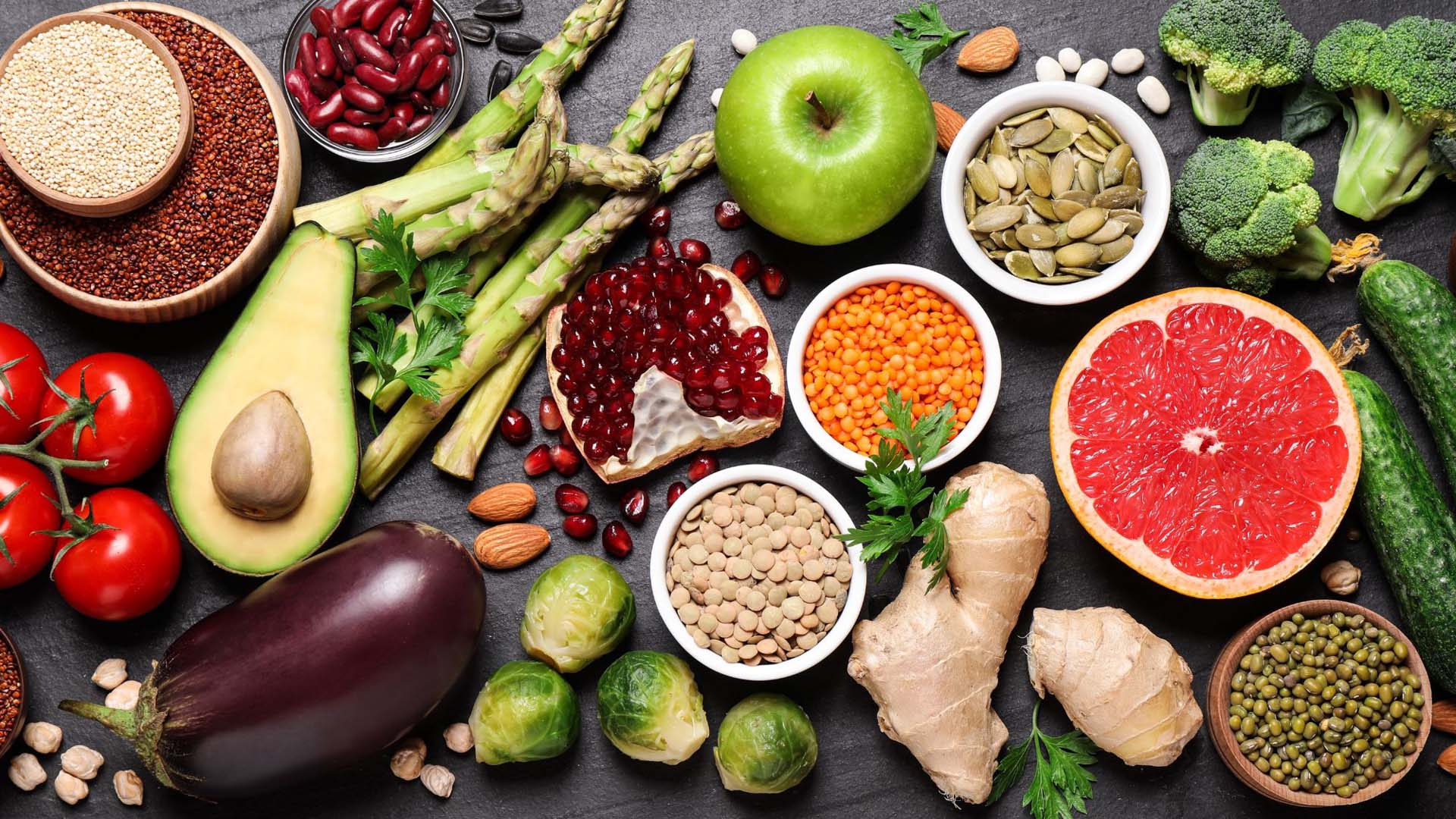
The foods that could help you live longer and protect against chronic illness.